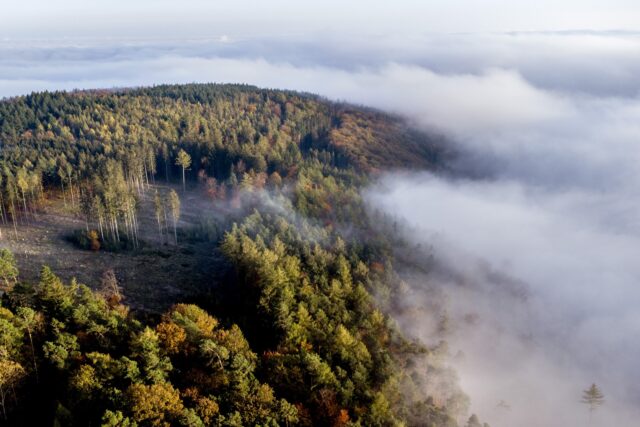U.N. Secretary-General Antonio Guterres urged delegates at a major biodiversity summit to follow through on pledges to help save global biodiversity and for the private sector to come on board
UN chief calls for more pledges, private sector input to save global biodiversity at Colombia summitBy STEVEN GRATTANAssociated PressThe Associated PressCALI, Colombia
CALI, Colombia (AP) — United Nation’s Secretary-General Antonio Guterres urged countries on Tuesday to make new pledges to help save global biodiversity and called for the private sector to come on board.
“Nature is life, and yet we are waging a war against it, a war where there can be no winner,” Guterres said in his opening remarks at the U.N. biodiversity summit, known as COP16, in Cali, Colombia.
“Every day, we lose more species. Every minute, we dump a garbage truck of plastic waste into our oceans, rivers and lakes,” he said. “This is what an existential crisis looks like.”
The two-week summit is a follow-up to the historic 2022 accord in Montreal, which includes 23 measures to save Earth’s plant and animal life.
Guterres’ comments came a day after talks gridlocked over how to fund conservation. On Monday, eight governments pledged an additional $163 million to the Global Biodiversity Framework Fund, which environmental advocates say is far off the billions needed to save global biodiversity.
So far a total of $400 million is in the fund that provides targeted support to countries and communities to conserve and restore plant and animal species and ecosystems.
“We need a lot more committed, from many more nations,” said Kristian Teleki, CEO of the conservation charity Fauna & Flora.
The 2022 agreement signed by 196 countries calls for protecting 30% of land and water by 2030, known as 30 by 30. When the agreement was signed, 17% of terrestrial and 10% of marine areas were protected — and it hasn’t changed significantly.
A report released Monday by the International Union for Conservation of Nature said 38% of the world’s trees are at risk of extinction and that the number of threatened trees is more than double the number of threatened birds, mammals, reptiles and amphibians combined.
Colombia’s President Gustavo Petro made a 40-minute opening speech where he repeatedly warned a shift away from oil and gas energy is needed to save the world.
“Another way of producing is needed .. in order to safeguard life on this planet and of humanity,” Petro said.
Guterres said no country, rich or poor, is immune from the devastation inflicted by climate change, biodiversity loss, land degradation and pollution.
“These environmental crises are intertwined. They know no borders … they are devastating ecosystems and livelihoods, threatening human health and undermining sustainable development,” he said, blaming outdated economic models for driving the problems.
Guterres said finance promises from countries must be turned into action and support to developing countries accelerated.
“We cannot afford to leave Cali without new pledges … and without commitments to mobilize other sources of public and private finance to deliver the Framework,” he said. “And we must bring the private sector on board. Those profiting from nature cannot treat it like a free, infinite resource.”
The U.N. leader highlighted the importance of Indigenous people, people of African descent and local communities as the “guardians of nature”.
“Their traditional knowledge is a living library of biodiversity conservation,” he said. “They must be protected. And they must be part of every biodiversity conversation.”
—-
Follow Steven Grattan on X: @sjgrattan
—-
The Associated Press’ climate and environmental coverage receives financial support from multiple private foundations. AP is solely responsible for all content. Find AP’s standards for working with philanthropies, a list of supporters and funded coverage areas at AP.org.

COMMENTS
Please let us know if you're having issues with commenting.